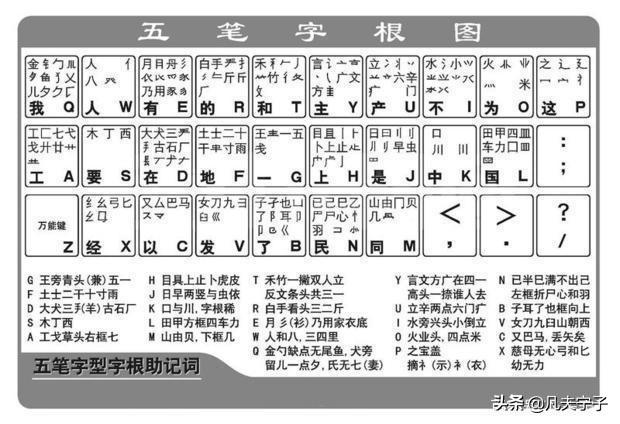状语是修饰动词、形容词、副词以及全句的句子成分如:,今天小编就来聊一聊关于英语句子结构分析之状语?接下来我们就一起去研究一下吧!

英语句子结构分析之状语
状语是修饰动词、形容词、副词以及全句的句子成分。如:
1.The girl is improving remarkably. 这个女孩大有进步。 /You are quite right. (副词)/She will arrive on Monday. (介词短语)/He came here in order to learn English. (动词不定式短语)/We are on holiday today. (名词)/If it rains tomorrow, we’ll stay at home. (从句)
As soon as she comes back, I’ll go and see her. (从句)
He speaks the language badly but read it well. 这种语言,他讲得不好,但阅读能力很强。
3.状语按用途分,分为时间、地点、方式、程度、原因、结果、目的、条件、让步、伴随等
(1)时间状语,多位于句末和句首,有时亦可置于句中
Shall we do the shopping today or tomorrow?
(2).地点状语,多置于句末,有时也位于句首和句中。
There are plenty of fish in the sea. /She kissed her mother on the platform(月台).
(3)原因状语,包括表理由的状语,多置于句末,有时亦可置于句首。
Because he was ill ,Tom lost his job. /I eat potatoes because I like them.
(4). 结果状语,多由不定式、分词和从句表示,常位于句末。
She woke(醒) suddenly to find someone standing in the doorway.
She spoke so softly that I couldn’t hear what she said.
(5). 目的状语,多由不定式、介词短语和从句等表示,常位于句末,强调时可以置于句首。
In order to get into a good school, I must study even harder.
(6). 条件状语。多由短语和从句表示,常置于句末和句首。
We’ll be lucky to get there before dark. /If he were to come, what should we say to him?
(7). 让步状语,由短语和从句表示,常置于句末和句首。
For all his money, he didn’t seem happy. 他尽管有钱,但似乎并不幸福。
He helped me although he didn’t know me.
(8).程度状语。常由副词、介词短语及从句等表示。
To what extent would you trust them? 你对他们信任程度如何?
(9)伴随状语,常由短语和独立主格等表示。对位于句末和句首。
My train starts at six, arriving at Chicago at ten. /He stood there ,pipe(烟斗) in mouth.
,




